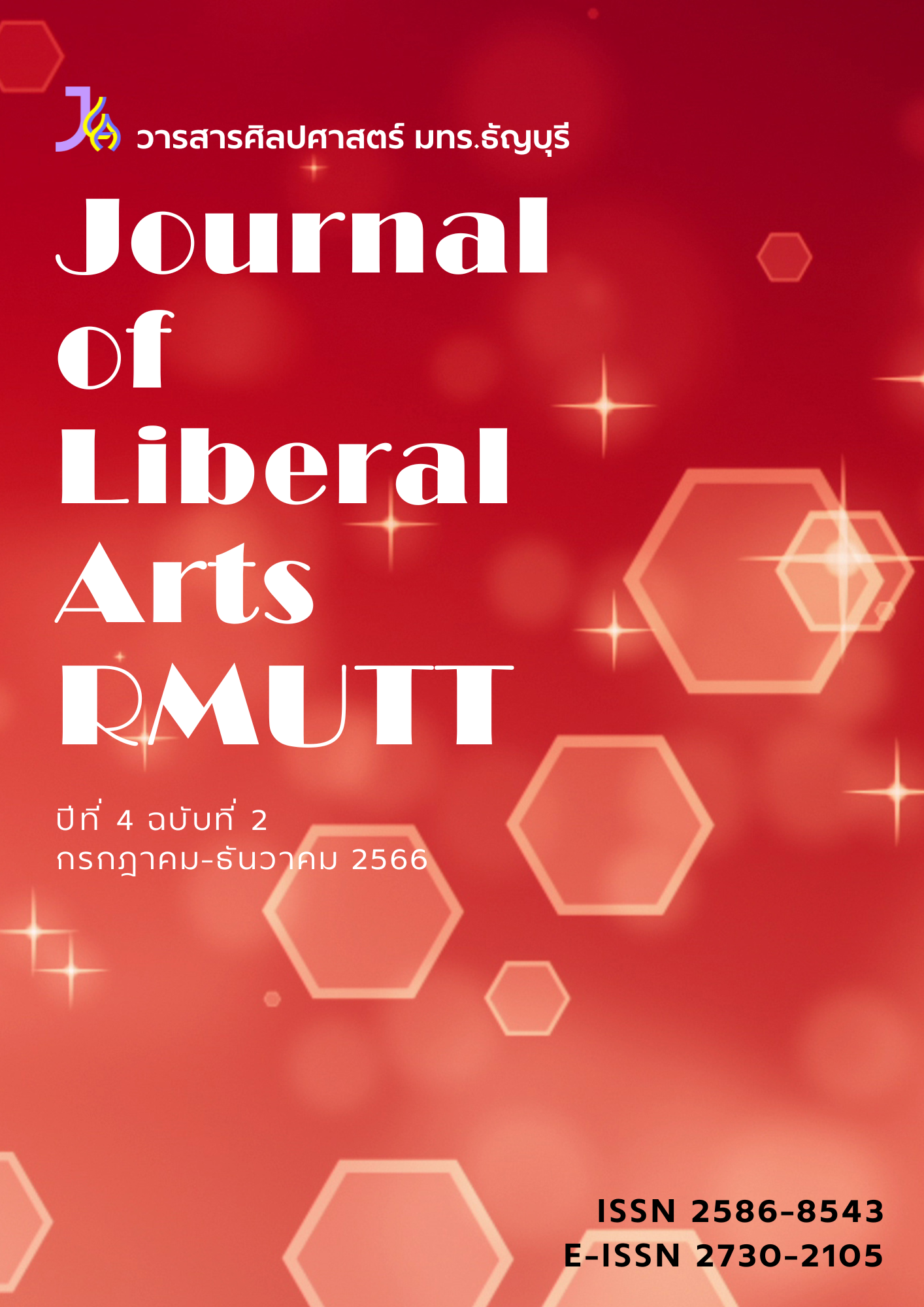Enhancing Vocabulary Acquisition through Progressive Word Increments in English Language Learning
DOI:
https://doi.org/10.60101/jla.2023.4.2.3172Keywords:
role of memory in vocabulary learning, vocabulary acquisition, vocabulary learning strategiesAbstract
For language learning, vocabulary is essential and of considerable importance. It broadens the abilities of language learners to establish effective communication, foster deeper comprehension, and plays a fundamental role in language proficiency level assessment. However, learners possess difficulty managing their vocabulary as it continues to expand as their language exposure increases, especially for beginners and second language learners. This article aims to provide concepts for those who are interested in acquiring vocabulary in a second language and seeking where to begin. It suggests the number of words learners should learn, the rationale, and resources to obtain vocabulary. It discusses the general concept of vocabulary acquisition, the role of memory in learning vocabulary, and certain useful vocabulary learning strategies for learners that facilitate their vocabulary acquisition.
References
Afzal, N. (2019). A Study on Vocabulary-learning Problems Encountered by BA English Majors at the University Level of Education. Arab World English Journal (AWEJ), 10, 81-98.
Baddeley, A. (1997). Human Memory: Theory and Practice. Boston: Allyn and Bacon.
Bai, Z. (2018). An Analysis of English Vocabulary Learning Strategies. Journal of language Teaching and Research, 9(4), 849-855.
Boonkongsaen, N., & Intaraprasert, C. (2014). Use of English Vocabulary Learning Strategies by Thai Tertiary-level Students in Relation to Fields of Study and Language Learning Experiences. English Language Teaching, 7(5), 59-70. http://doi.org/10.5539/elt.v7n5p59
Browne, C., Culligan, B. & Phillips, J. (2013) The New General Service List. Retrieved on March 15, 2023,
from http://www.newgeneralservicelist.org/
Batterink, L., & Neville, H. (2013). Implicit and Explicit Second Language Training Recruit Common Neural Mechanisms for Syntactic Processing. Journal of Cognitive Neuroscience, 25(6), 936-951.
Craik, F. I. M., & Lockhart, R. S. (1972). Levels of Processing: A Framework for Memory Research. Journal of Verbal Learning and Verbal Behavior, 11(6), 671-684.
Dehham, S. H. (2021). Iraqi EFL Students’ Ability in Acquiring English Vocabulary by Peer Instruction Technology. Turkish Journal of Computer and Mathematics Education (TURCOMAT), 12(9), 1634-1639.
Dilek, Y., & Yürük, N. (2013). Using Semantic Mapping Technique in Vocabulary Teaching at Pre-Intermediate Level. Procedia-Social and Behavioral Sciences, 70, 1531-1544.
Ellis, G. (1996). How Culturally Appropriate is the Communicative Approach? ELT journal, 50(3), 213-218.
https://doi.org/10.1093/elt/50.3.213
Ellis, R., & Larsen-Freeman, D. (2006). Language as a Complex Adaptive System. New York: Wiley.
Education First. (2020). The World’s Largest Ranking of Countries and Regions by English Skills. Retrieved on March 15, 2023, from https://www.ef.co.th/epi/
Gass & Mackey. (2012). The routledge handbook of second language acquisition. UK.: Routledge.
Hamrick, P., Lum, J. A., & Ullman, M. T. (2018). Child First Language and Adult Second Language are Both Tied to General-purpose Learning Systems. Proceedings of the National Academy of Sciences, 115(7), 1487-1492.
Heimlich, J.E., & Pittelman, S. D. (1986). Semantic Mapping: Classroom Applications. Newark, Del.: International Reading Association.
Henriksen, B. (1999). Three Dimensions of Vocabulary Development. Studies in Second Language Acquisition, 21, 303-317.
Hulstijn, J. H., & Laufer, B. (2001). Some Empirical Evidence for the Involvement Load Hypothesis in Vocabulary Acquisition. Language Learning, 51(3), 539-558.
Hunt Jr, L. C. (1957). Can We Measure Specific Factors Associated wth Reading Comprehension?. The Journal of Educational Research, 51(3), 161-172.
Kang, S. H. K. (2016). Spaced Repetition Promotes Efficient and Effective Learning: Policy Implications for Instruction. Policy Insights from the Behavioral and Brain Sciences, 3(1), 12-19.
Laufer, B., & Nation, P. (1995). Vocabulary Size and Use: Lexical Richness In L2 Written Production. Applied Linguistics, 16(3), 307-322.
Meara, P. (2005). Designing vocabulary tests for English, Spanish and other languages. In The Dynamics of Language Use: John Benjamins.
Laughran, S. (2018). The New General Service List: A Core Vocabulary for EFL Students and Teachers. Retrieved on April 12, 2023, from https://www.cambridge.org/elt/blog/2018/05/29/general-service-list/
Lin, L. F. (2010). English Learners’ Incidental Vocabulary Acquisition in the Video-based CALL Program. AsianEFL Journal, 12(4), 1-16.
Milton, J. (2009). Measuring Second Language Vocabulary Acquisition. UK.: Multilingual Matters.
Nation, P. (2001). Learning Vocabulary in another Language. Cambridge: Cambridge University Press.
Nation, P. (2006). How Large a Vocabulary is Needed for Reading and Listening? The Canadian Modern Language Review, 63, 59-82.
Nation, P., & Waring, R. (1997). Vocabulary Size, Text Coverage and Word Lists. In Schmitt, N. & M. McCarthy (Eds.), Vocabulary: Description, Acquisition and Pedagogy. Cambridge: Cambridge University Press.
Ramezanali, N., Uchihara, T., & Faez, F. (2021). Efficacy of Multimodal Glossing on Second Language Vocabulary Learning: A Meta‐analysis. Tesol Quarterly, 55(1), 105-133.
Saengpakdeejit, R. (2014). Awareness of Vocabulary Learning Strategies among EFL Students in Khon Kaen University. Theory and practice in language studies, 4(6), 1101-1108. https://doi.org/10.4304/tpls.4.6.1101-1108
Schmitt, N. (2000). Vocabulary in Language Teaching. Cambridge: Cambridge University Press.
Stroller, F., & Grabe, W. (1993). Implications for L2 Vocabulary Acquisition from L1 Vocabulary Research. In Huckin et al. (Eds.), Second Language Reading and Vocabulary Learning. New York: Ablex Publishing Corporation.
Surmanov, S., & Azimova, M. (2020). Analysis of Difficulties in Vocabulary Acquisition. The Journal of Legal Studies, 6(1), 144-153.
Swanson, H. L., Jerman, O., & Zheng, X. (2008). Growth in Working Memory and Mathematical Problem Solving in Children at Risk and not at Risk for Serious Math Difficulties. Journal of Educational Psychology, 100(2), 343.
Thornbury. (2002). How to Teach Vocabulary. London: Pearson Education Limited.
Uchihara, T., Webb, S., & Yanagisawa, A. (2019). The Effects of Repetition on Incidental Vocabulary Learning: A meta‐analysis of Correlational Studies. Language learning, 69(3), 559-599.
Vacca, R., Vacca, J., & Gove, M.. (1995). Reading and Learning to Read. New York: HarperCollins College Publishers.
Webb, S., & Nation, P. (2017). How Vocabulary Is Learned. Oxford: Oxford University Press.
West, M. (1953). A General Service Lst of English Words. Harlow: Longman.
Woodeson, K., Limna, P., & Nga-Fa, N. (2023). Students' Vocabulary Learning Difficulties and Teachers' Strategies: A Qualitative Case Study of Ammartpanichnukul School, Krabi in Thailand. Advance Knowledge for Executives, 2(1), 1-9.
Downloads
Published
How to Cite
Issue
Section
License
Copyright (c) 2023 Journal of Liberal Arts RMUTT

This work is licensed under a Creative Commons Attribution-NonCommercial-NoDerivatives 4.0 International License.













